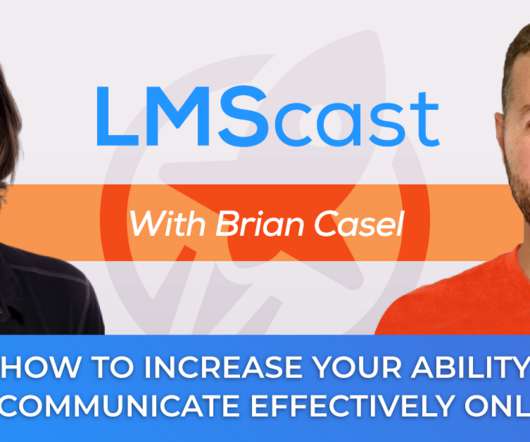Does Your Brain Need Santa Claus?
Learningtogo
DECEMBER 22, 2019
One key to understanding why magical thinking exists is to understand the brain’s capacity to predict future events based on past experience. The brain does this by paying attention to changes in the environment and linking current and past events together to build a reliable model of the world. The brain is still a gigantic mystery.







































Let's personalize your content